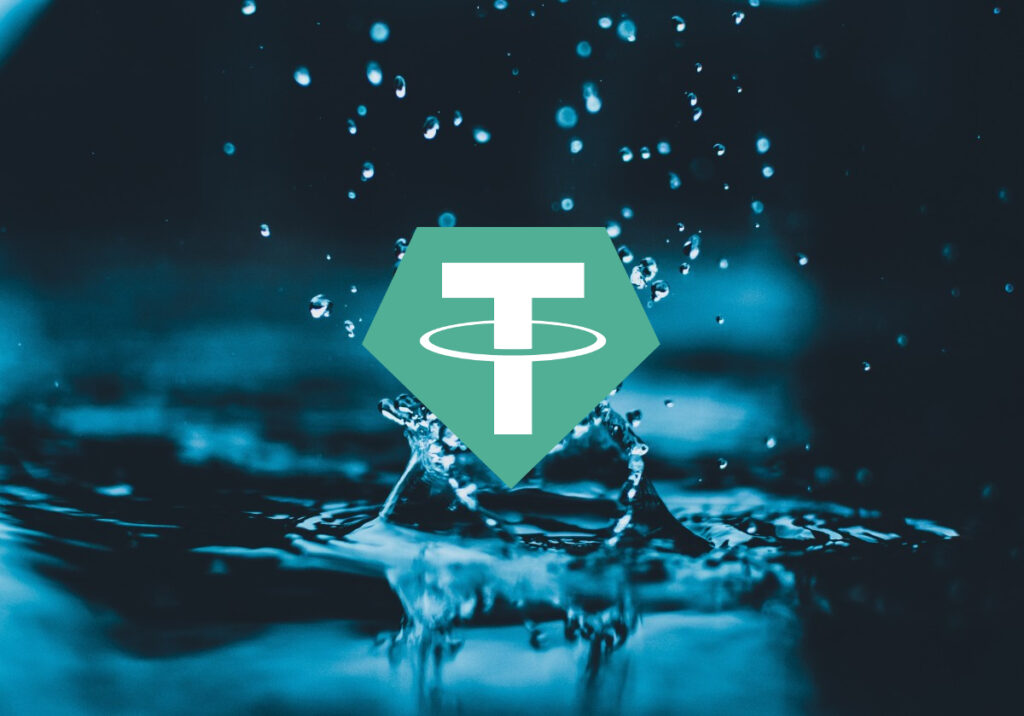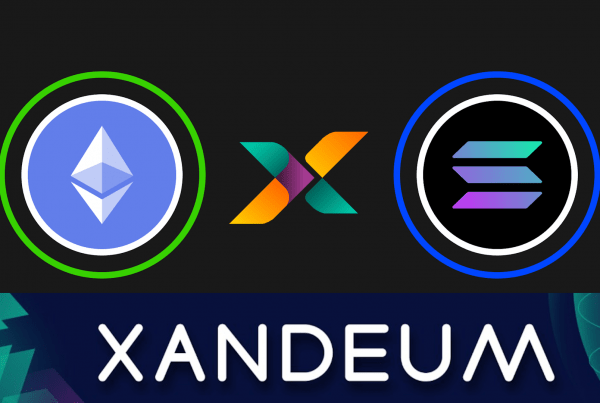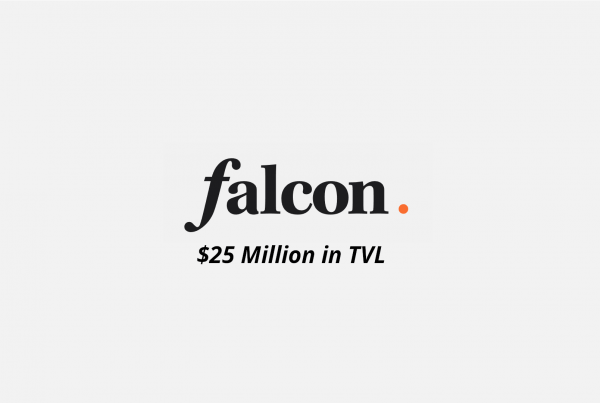
Key takeaways:
- Tether has announced it will be launching the British Pound Sterling (GBP) pegged stablecoin dubbed GBPT
- GBPT is slated to go live in July, initially on the Ethereum network
- Tether has launched a Mexican Peso-pegged MXNT last month
Tether is expanding its offering of fiat-pegged stablecoins with the British pound pegged GBPT
Tether, the issuer of the world’s largest market cap stablecoin USDT, has announced on Wednesday it is launching a new stable digital currency. Pegged to the British pound, GPBT will be fully redeemable for the underlying fiat currency at a 1:1 ratio. The stablecoin is slated to launch in July, initially on the Ethereum network.
The news of Tether’s new stablecoin comes less than a month after the company launched a Mexican Peso-pegged stablecoin MXNT as a response to the growing rate of cryptocurrency usage in Latin America.
In addition to MXNT and GBPT, Tether operates the U.S. dollar-pegged USDT, the euro-pegged EURT, and the offshore Chinese Yuan-pegged CNHT. USDT boasts by far the largest market cap in Tether’s stablecoin offering, with the total value of all USDT in circulation of more than $66 billion. For context, the combined market cap value of Tether’s other fiat-pegged digital currencies is less than $50 million.
Tether CTO Paolo Ardoino commented on the upcoming launch of the British Sterling Pound stablecoin in a statement:
“We believe that the United Kingdom is the next frontier for blockchain innovation and the wider implementation of cryptocurrency for financial markets. We hope to help lead this innovation by providing cryptocurrency users worldwide with access to a GBP-denominated stablecoin issued by the largest stablecoin issuer.”
Ardoino added that Tether is prepared to cooperate with the country’s financial regulators to make the “continued adoption of Tether stablecoins” a reality.
In related news, Tether announced the launch of USDT on the Polygon blockchain at the end of May. With the addition of the leading Ethereum Layer 2 solution, USDT became available on 11 blockchain networks, including Ethereum, Solana, Algorand, and Tron, to name a few.



